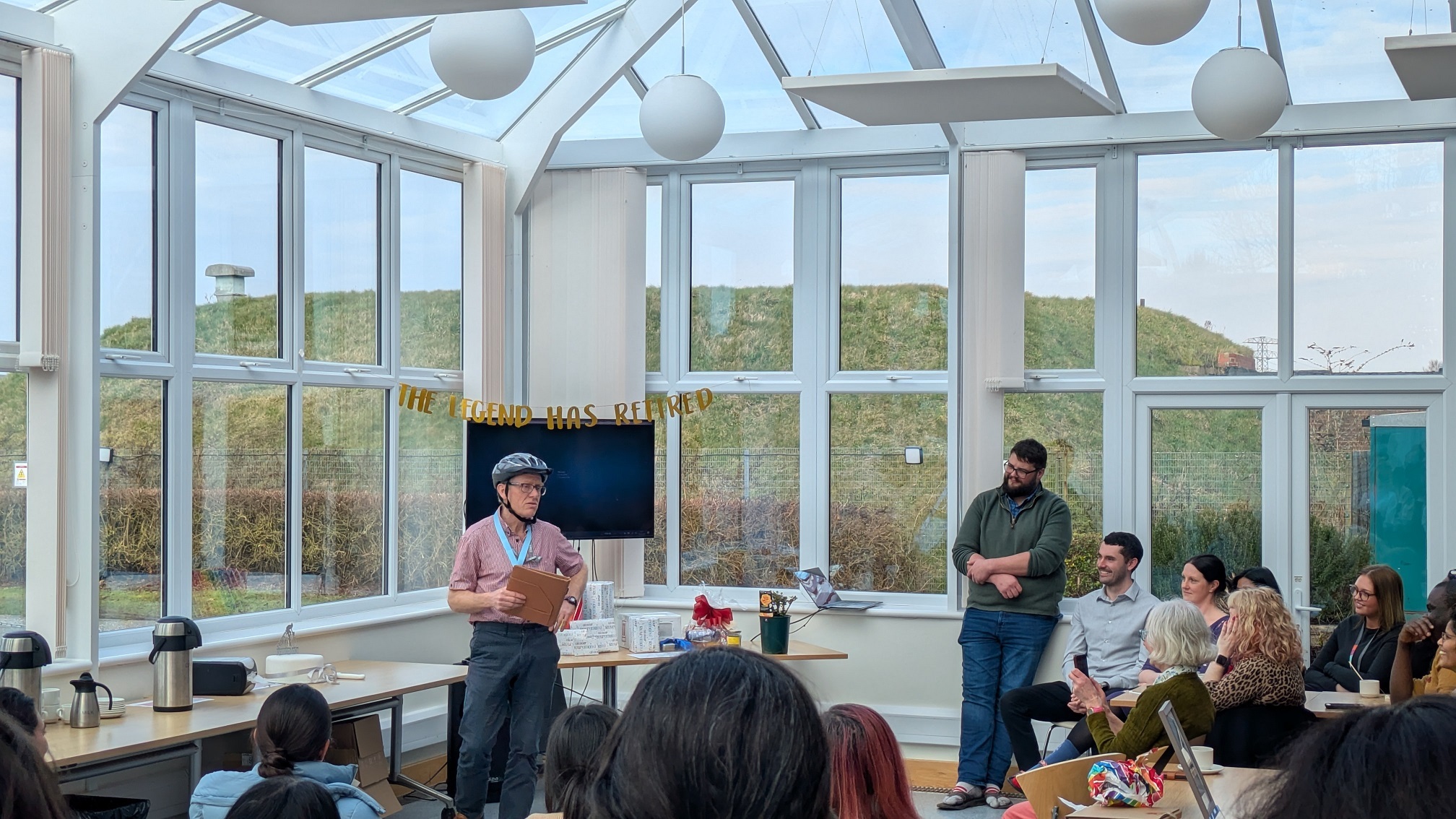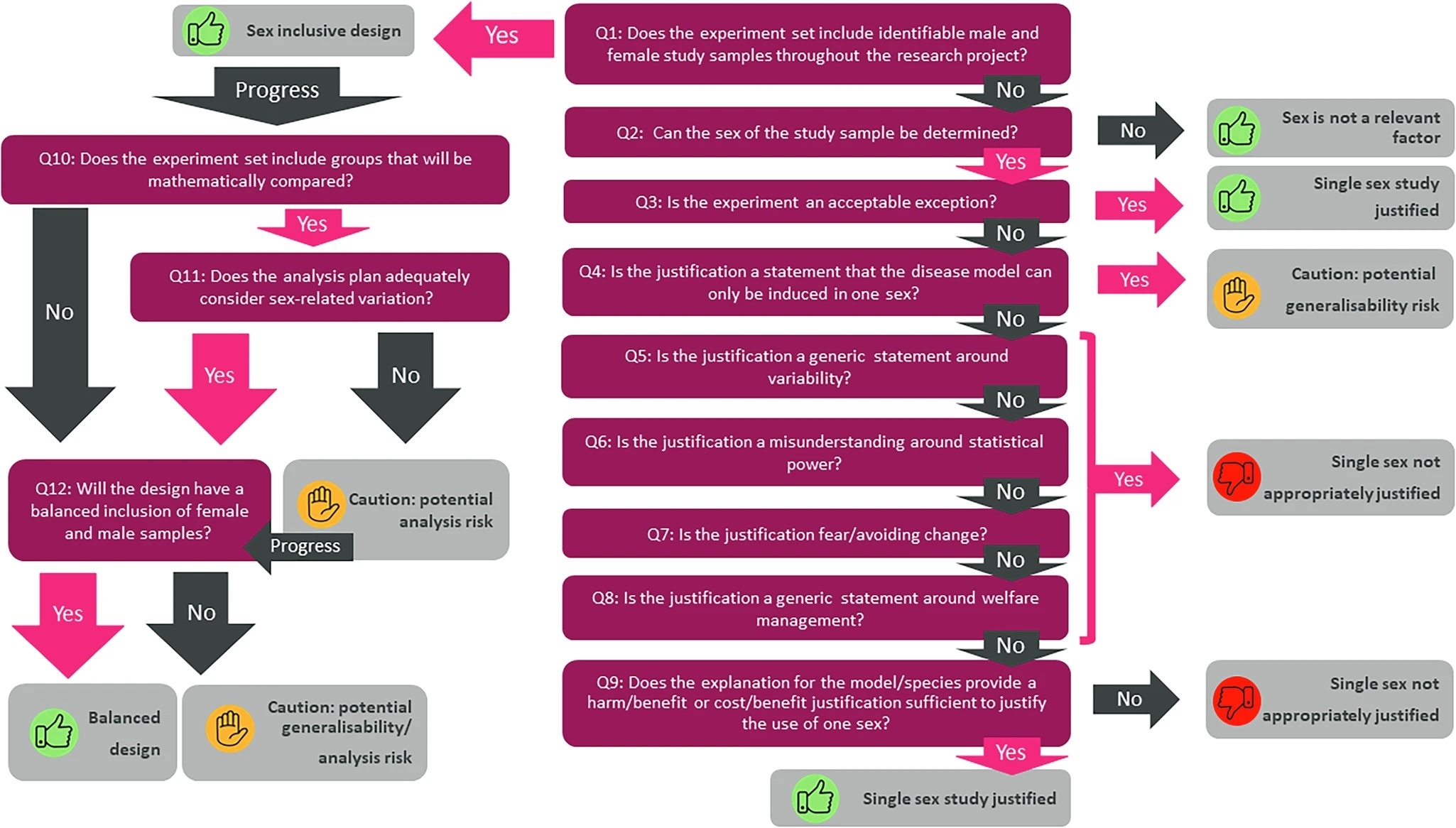We took part in a speed-dating style careers event at Oxford Brookes University on 20 April 2015, where we gave biological science students advice on the careers available to them.
Oxford Brookes ‘speed networking’ event We took part in a speed-dating style careers event at Oxford Brookes University on 20 April 2015, where we gave biological science students advice on the careers available to them. Students often reach a crisis as the end of their degree looms. What should they do next? What jobs can they do? Should they take further study? We went along to Oxford Brookes University on Monday to help explain the opportunities out there and answer their numerous questions. The Oxford Brookes Health and Life Sciences Careers Event is designed to introduce students to relevant job roles, provide career guidance and stimulate thinking about future employability. By speaking to over 30 employers, they can gain unique insights into the career paths they may wish to take. The main feature of the event is “speed networking”, where students are given just seven minutes to speak to each employer, moving from table to table like speed dating. At the first table, the students met Dr Nanda Rodrigues, who worked as a postdoctoral researcher at Oxford University and is now our Head of Scientific Business and Administration. She told them about career routes that require a PhD, including those of a postdoctoral researcher, clinical fellow, senior scientist, project manager and director. She also gave them tips about what a good CV and covering letter should contain. Students who were unsure about registering directly for a PhD after their degree could explore the options of working for a year or two before making up their mind. Students then moved onto the other table, where Jeremy Sanderson explained to them about science career routes that do not require a PhD. His first job was as a careers advisor, and he still takes an interest in offering guidance to students. Jeremy’s own career in science began as a biomedical scientist in the NHS, after which he switched to working in academia. He has a particular interest in microscopy and is now our Bio-imaging Facility Manager. Together, these experiences gave the students the chance to hear about two very different sides of the same coin, and provided an insight into the major career routes they can take in science. Whether to commit the next three or four years of their life to a PhD is a major decision, and by no means an easy one to make. We hope that the advice and experiences we shared will equip them with the information they need to make the right choice.



